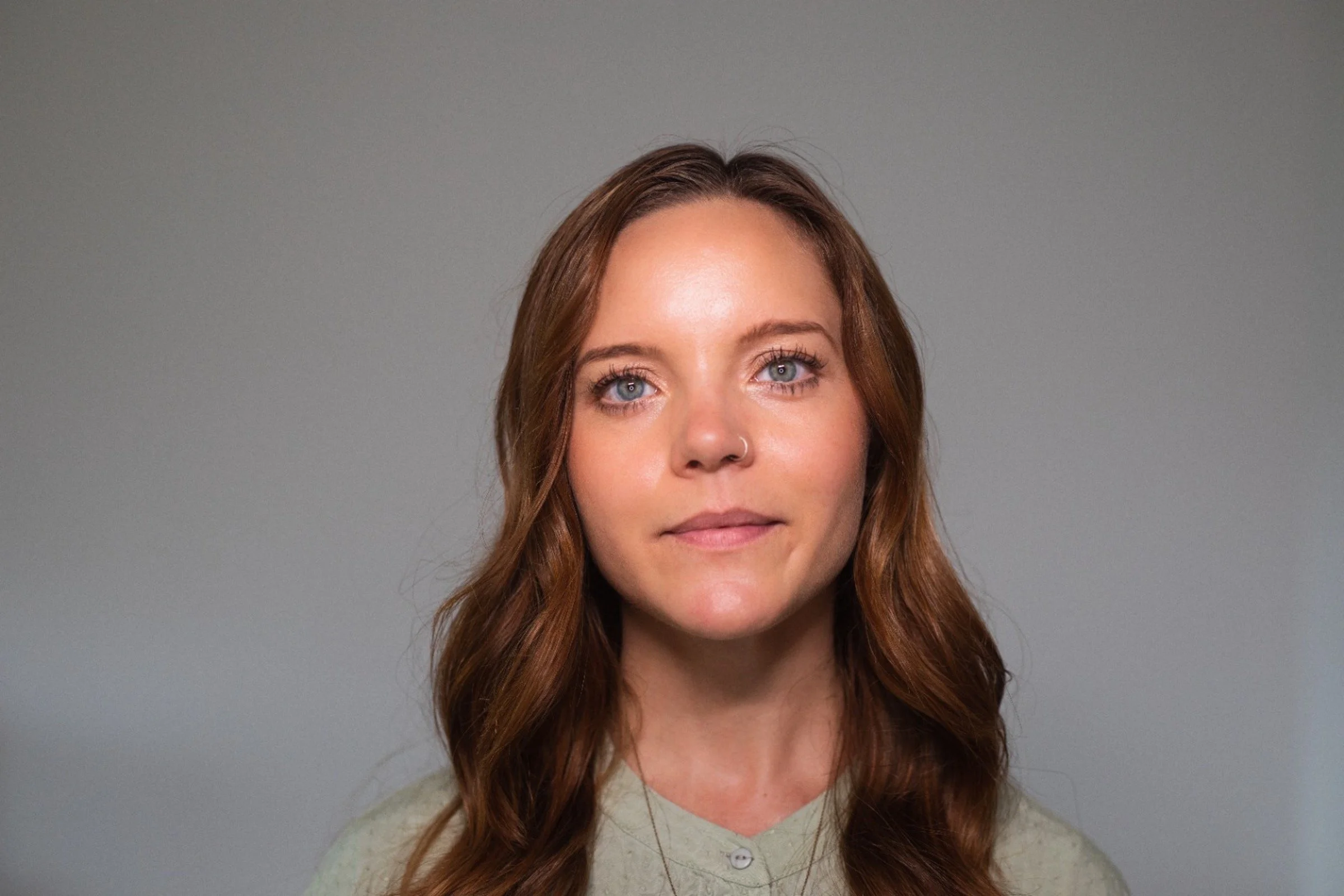
Community Living
GETTING TO KNOW:
DR. S.j PARROT (DPHIL)
Sophie Agbonkhese
A Conversation with TWU’s Newest Assistant Professor of Biblical & Theological Studies
MH: Welcome to Trinity Western University! We are grateful to have you share your wisdom and expertise with our community. Can you start by introducing yourself and telling us a bit about your background?
SP: I’m Dr. S.J. Parrott, a born and raised Canadian who has recently returned to Canada after seven years overseas. I have a bit of a mutt background in terms of education—my bachelor’s is in business and marketing! But by my second masters I formally entered into the field of First Testament and biblical studies. My doctoral work, now published as a monograph, was on prophetic metaphors of clothing and unclothing, where God is the divine investor of dress and personified Jerusalem is the recipient of His actions.
MH: What led you to TWU?
SP: The simple answer might sound too simple to some, but God led me to TWU. Prior to beginning my work here, I lived in Germany for three years. God made it clear to me that it was time for a change and to be dependent upon and trust Him as I applied for jobs back in North America. I really loved living in München and I find moving hard as you have to start your life over again, so this was a real act of trust for me. And God delivered as I had multiple opportunities open up before me. TWU emerged as the right option as I felt God had something more for me here than simply teaching and research; there was a reason I was to be here and not anywhere else that I don’t yet comprehend. I’m excited and very honoured to be here and I look forward to learning from my students and fellow colleagues.
MH: What are you most excited about in your new role?
SP: I’m excited about many things: getting to know my students, learning from them, growing in my teaching skills, learning from all my colleagues in the humanities, continuing my research under the banner of TWU and having a voice (however small) in shaping the life and future of the university. I’d love to see our faculty grow and flourish as more young people come to see the value in the humanities with respect to our vision of ourselves and our society.
MH: One of your areas of expertise is identity and identity formation. What advice do you have for students who are seeking to define themselves and their identities?
SP: I’ve thought for many years now what a terrible burden it is for young people in our modern and post-modern culture to have the task of being the sole definer of who they are. We are told, taught even, that it is up to you and only you to define or create your identity—no one else gets a say, no one is allowed to influence how you define your own identity. And should they, they will certainly be told to not tell someone who they are or could or should become. Don’t get me wrong, I’m not saying the individual has no role in defining themselves—it would be nonsensical to think otherwise. But what anxiety must come with this task, how isolating it must be, what social anxiety must come for fear that someone might reject who I have said that I am—especially for young people who are struggling to figure this exact thing out.
I struggled with figuring out who I was in my early twenties. I was confused about who I was, there were aspects of myself that I didn’t like and I had constant stress about whether people would like me or not in light of these things. I went away on a retreat and simply asked Christ to tell me who I was and what I was here on earth to do. And He answered. That experience, almost 10 years ago now, was life changing, and I’ve had freedom in knowing who I am ever since…not because I crafted an identity for myself, but because I allowed God to tell me who I was and unravel the confusion and lies I believed about who I was. So, I guess my advice to students would be to let their Maker have a say in defining who they are, for He knows them better and sees them far more clearly than they can. Indeed, parts of myself that I hated for many years I came to see as the most beautiful characteristics that God instilled in me.
MH: Tell us a little-known fact about yourself.
SP: I love to dance.
MH: How can we pray for you?
SP: Pray that I begin well, learn much, remain dependent upon God and have much joy in this new season of life.
